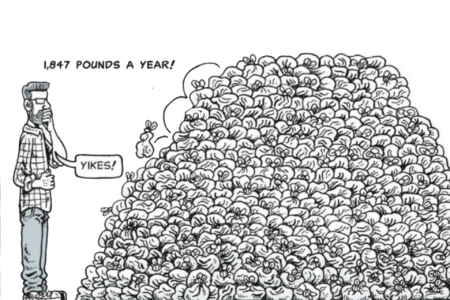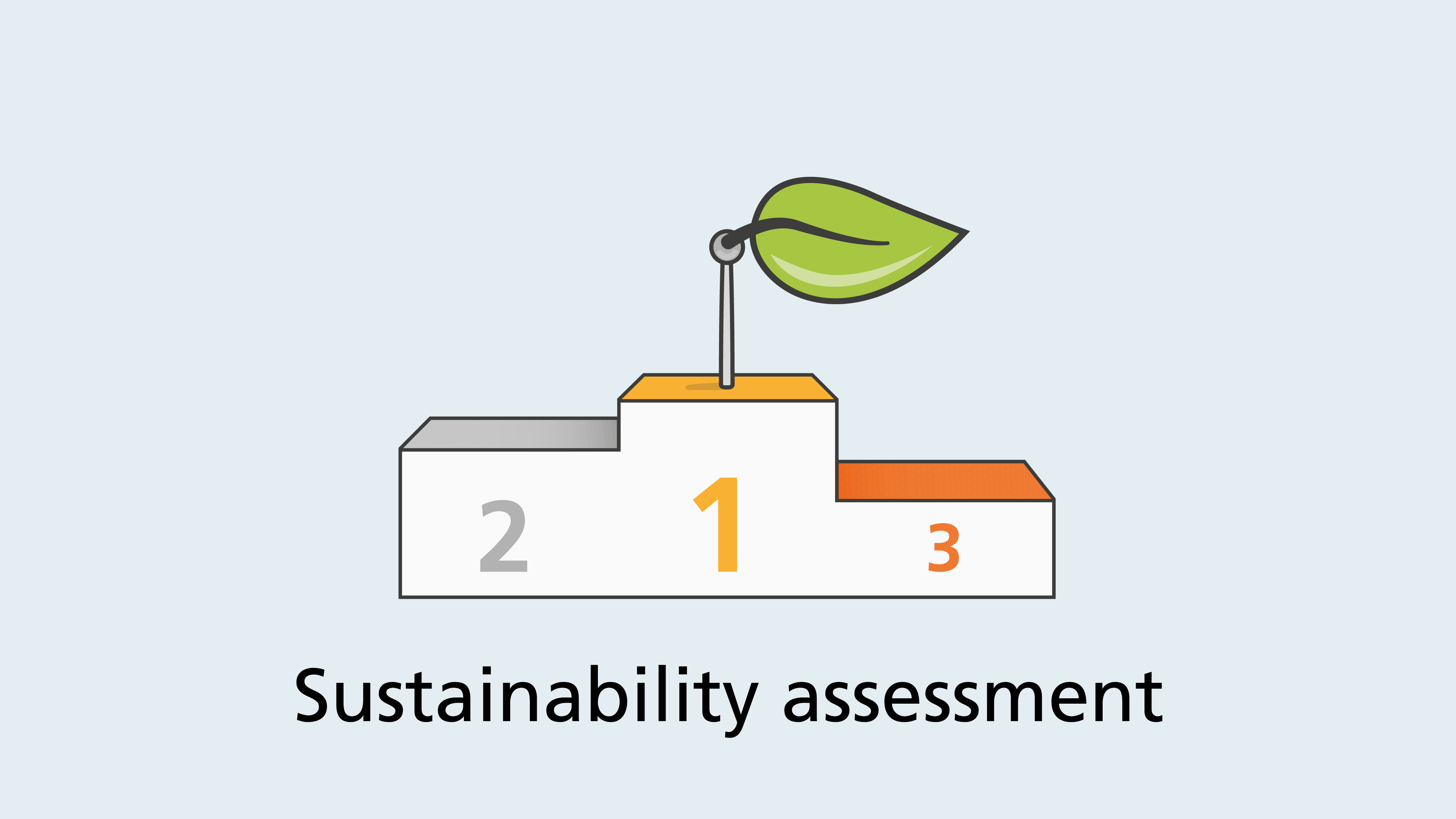
Introduction
Waste audits play a crucial role in enhancing corporate sustainability and environmental responsibility by helping businesses identify and address their waste generation patterns. In today’s world, where environmental responsibility is a top priority, waste audits have gained increasing relevance and importance. By quantifying and analyzing waste streams, businesses can uncover opportunities for waste reduction and resource recovery, leading to both environmental and financial benefits.
Historical Background
The practice of waste audits dates back several decades ago when the need for effective waste management became apparent. Over time, waste auditing practices have evolved, incorporating advancements in technology and a growing understanding of environmental impacts. Significant milestones and developments have contributed to the refinement of waste auditing techniques, making them more comprehensive and insightful.
Key Concepts and Definitions
Waste audits are systematic assessments conducted to measure and evaluate a business’s waste generation, disposal practices, and opportunities for improvement. They are a crucial tool in corporate sustainability strategies, enabling businesses to enhance waste reduction, recycling, and resource efficiency. By understanding these key terms and concepts, organizations can effectively integrate waste audits into their sustainability initiatives.
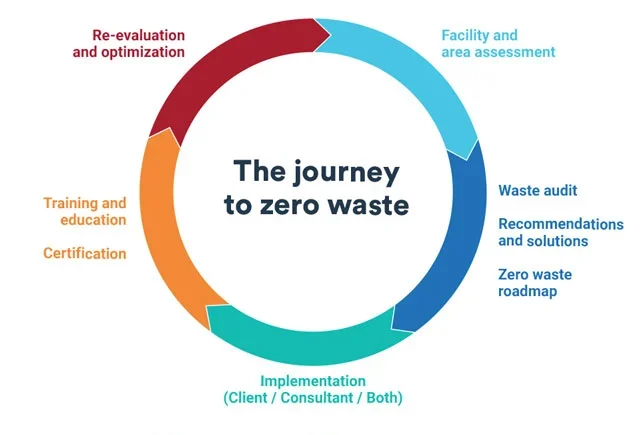
Main Discussion Points
Importance of waste audits in identifying and quantifying waste streams
Waste audits provide businesses with valuable insights into their waste generation patterns. By conducting a comprehensive assessment, organizations can understand the types and quantities of waste they produce. This knowledge helps identify areas where waste reduction and resource recovery initiatives can be implemented, leading to significant environmental benefits.
Moreover, waste audits reveal opportunities for businesses to optimize their waste management practices. By analyzing data collected during audits, organizations can pinpoint the sources of waste and implement targeted strategies to minimize waste generation. This proactive approach not only reduces environmental impact but also enhances resource efficiency and operational effectiveness.
Role of waste audits in improving operational efficiency and cost savings
Waste audits play a vital role in identifying inefficiencies in current waste management practices. By analyzing waste generation and disposal processes, businesses can uncover areas for improvement, such as streamlining operations or implementing new technologies. This optimization leads to enhanced operational efficiency, reducing costs associated with waste management.
Additionally, waste audits can help businesses identify opportunities for cost savings. By implementing waste reduction strategies and resource recovery initiatives, organizations can minimize waste disposal costs and potentially generate revenue from recycled materials. This financial benefit further strengthens the case for conducting waste audits as a part of corporate sustainability strategies.
Integration of waste audits into broader corporate sustainability strategies
Waste audits are an integral component of broader sustainability goals for businesses. By understanding their waste generation patterns, companies can develop waste management plans and set targets for waste reduction and resource recovery. Waste audits provide the necessary data and insights to inform decision-making and prioritize sustainability initiatives, ensuring a holistic approach towards environmental responsibility.
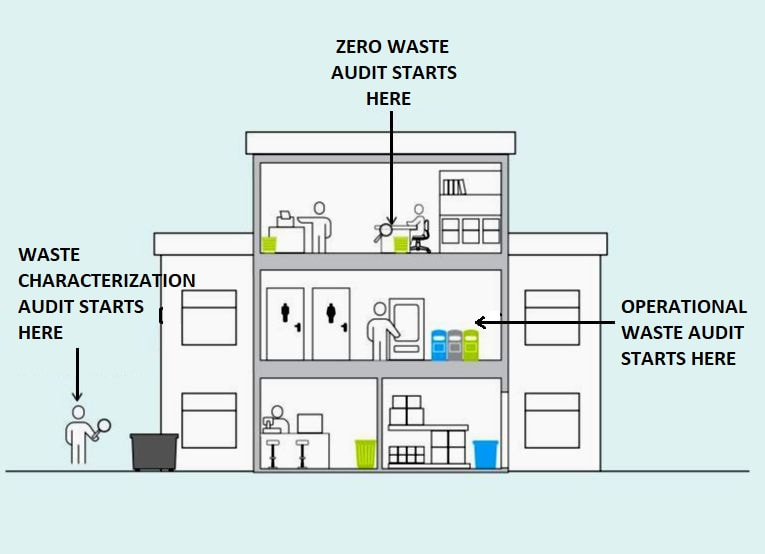
Furthermore, waste audits enable organizations to track their progress towards sustainability targets. By regularly conducting audits, businesses can monitor their waste management performance, identify trends, and make informed adjustments to their strategies. This iterative process ensures continuous improvement and the successful integration of waste audits into corporate sustainability practices.
Case Studies or Examples
Real-world examples of businesses that have successfully implemented waste audits showcase the outcomes and benefits that can be achieved. For instance, a manufacturing company conducted a waste audit and discovered that a significant portion of its waste could be recycled. By implementing a recycling program, the company reduced waste disposal costs and improved its environmental performance.
In another example, a hospitality chain conducted waste audits across its properties and identified opportunities for waste reduction in food preparation. By implementing process improvements and staff training, the chain minimized food waste, resulting in cost savings and a positive environmental impact.
Current Trends or Developments
Recent trends in waste auditing practices include the adoption of technology and data analytics. Waste auditing software and tools enable businesses to collect and analyze data more efficiently, providing real-time insights into waste generation and disposal. This technology-driven approach enhances the accuracy and effectiveness of waste audits, allowing organizations to make data-driven decisions and optimize their waste management strategies.
Additionally, emerging research findings and innovations in waste auditing techniques contribute to the advancement of waste management practices. For example, the utilization of remote sensing technologies and machine learning algorithms can improve the accuracy and speed of waste audits, enabling businesses to identify waste streams and potential areas for improvement more effectively.
Challenges or Controversies
Conducting waste audits can pose challenges for businesses, particularly those with limited resources or lack of expertise in waste management. The initial investment required to implement waste audits and the need for specialized knowledge can deter some organizations from engaging in this practice. However, these challenges can be overcome through collaboration with waste management experts or by leveraging external resources.
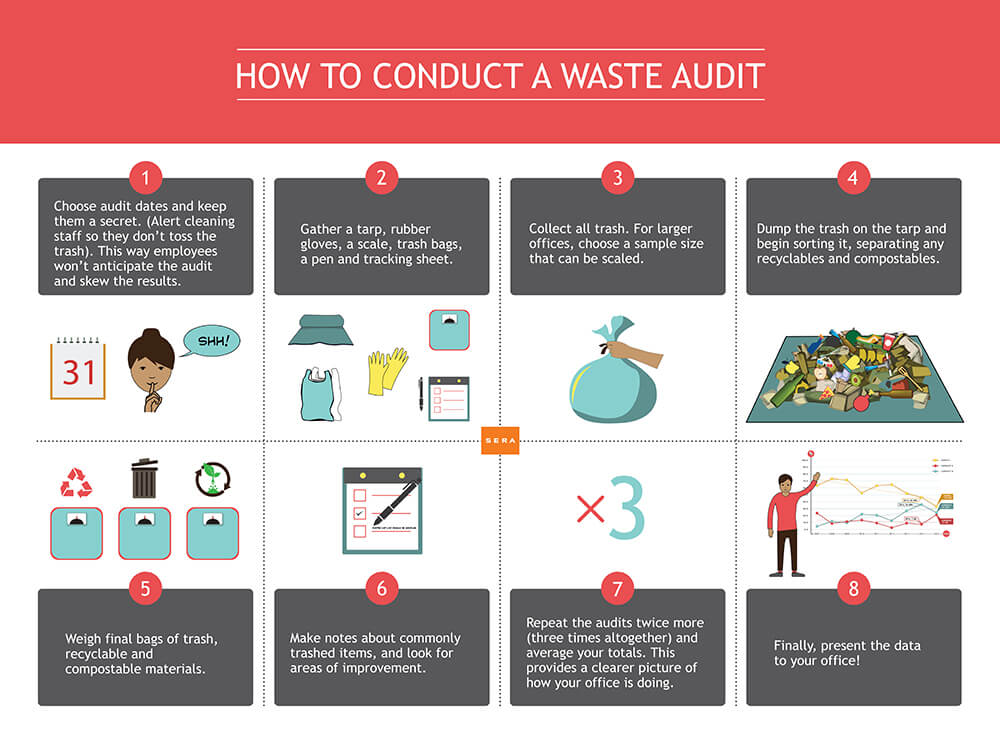
Controversies surrounding waste audits mainly revolve around their perceived effectiveness in achieving sustainability goals. Some skeptics argue that waste audits may only scratch the surface of waste management issues and fail to address broader systemic challenges. However, by integrating waste audits into a comprehensive sustainability strategy and actively addressing identified issues, businesses can maximize their effectiveness and drive meaningful change.
Future Outlook
The future implications of waste audits for corporate sustainability are promising. As businesses increasingly prioritize environmental responsibility, waste audits will play an even more significant role in enhancing waste reduction and resource recovery efforts. Advancements in waste auditing methodologies and technologies will enable organizations to conduct more precise and comprehensive assessments, leading to more targeted and effective waste management strategies.
Furthermore, the integration of waste audits with emerging technologies, such as the Internet of Things (IoT) and artificial intelligence, holds immense potential. These technologies can automate data collection, enable real-time monitoring of waste generation, and provide actionable insights for waste management optimization. By harnessing these advancements, businesses can achieve higher levels of sustainability and environmental responsibility.
Conclusion
In conclusion, waste audits are essential tools for businesses aiming to enhance their corporate sustainability and environmental responsibility. By identifying and quantifying waste streams, waste audits enable organizations to develop effective waste reduction and resource recovery strategies. They improve operational efficiency, reduce costs, and contribute to achieving broader sustainability goals. Despite challenges and controversies, the future of waste audits looks promising, fueled by advancements in methodologies and technologies.



